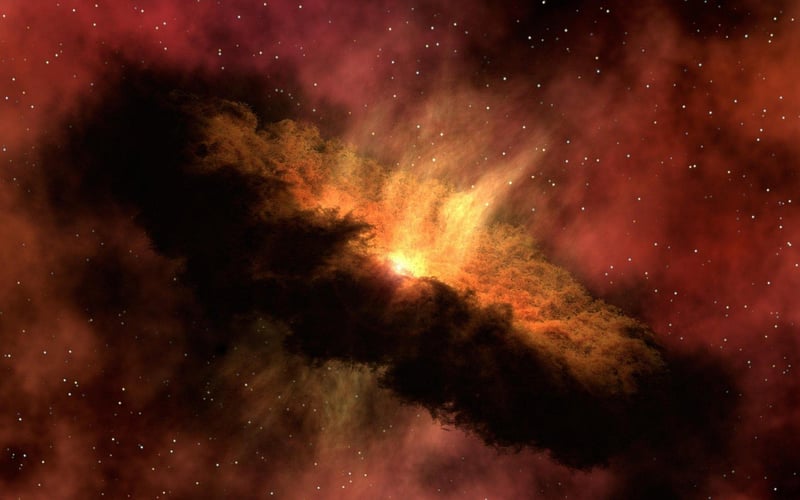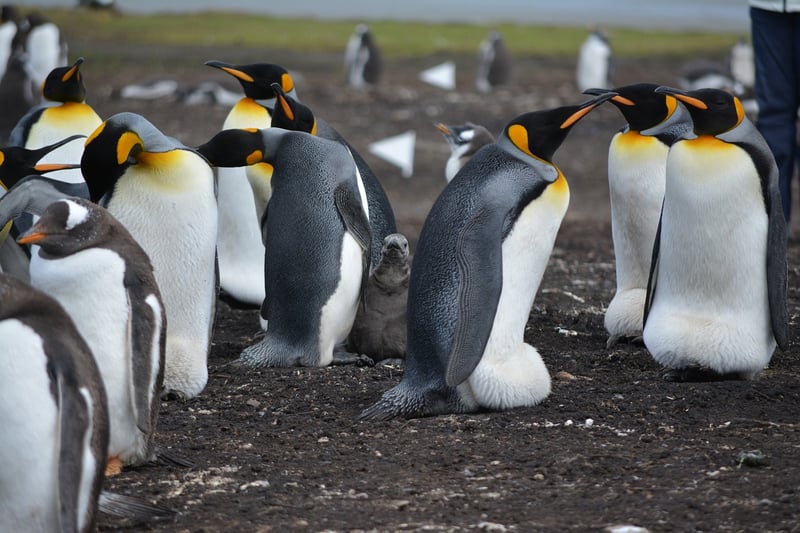Space colonies
Exploring Unique Places: The Future of Space Colonies

In a world where travel to unique places has become increasingly popular, the idea of space colonies has captured the imagination of many. Imagine a future where humans live and work in colonies beyond Earth, exploring new frontiers and expanding the limits of our existence.
What are Space Colonies?
Space colonies are self-sustaining habitats located in outer space where humans can live, work, and conduct research. These colonies could be located on the Moon, Mars, or even in free-floating space stations.
Benefits of Space Colonies
- Scientific Research: Space colonies provide a unique environment for conducting experiments in microgravity and studying the effects of long-term space habitation on the human body.
- Resource Utilization: Colonies on other planets or asteroids could potentially tap into resources like water ice or minerals for future space exploration.
- Space Tourism: Imagine the thrill of visiting a space colony as a tourist and experiencing life beyond Earth.
The Future of Space Travel
As technology advances and space exploration becomes more accessible, the possibility of establishing permanent space colonies becomes increasingly feasible. Companies like SpaceX and NASA are already working on plans to send humans to Mars and beyond.
Challenges and Considerations
While the idea of space colonies is exciting, there are many challenges to overcome, including the long-term effects of space radiation, food production in space, and the psychological impacts of living in a confined environment.
Conclusion
Traveling to unique places has always been a part of human nature, and the exploration of space colonies represents the next frontier in our quest for discovery. Whether it's on the Moon, Mars, or beyond, the idea of living in space colonies opens up a world of possibilities for the future of humanity.
Are you ready to embark on a journey to the stars?

Image sources: Space Colony, Milky Way Galaxy
